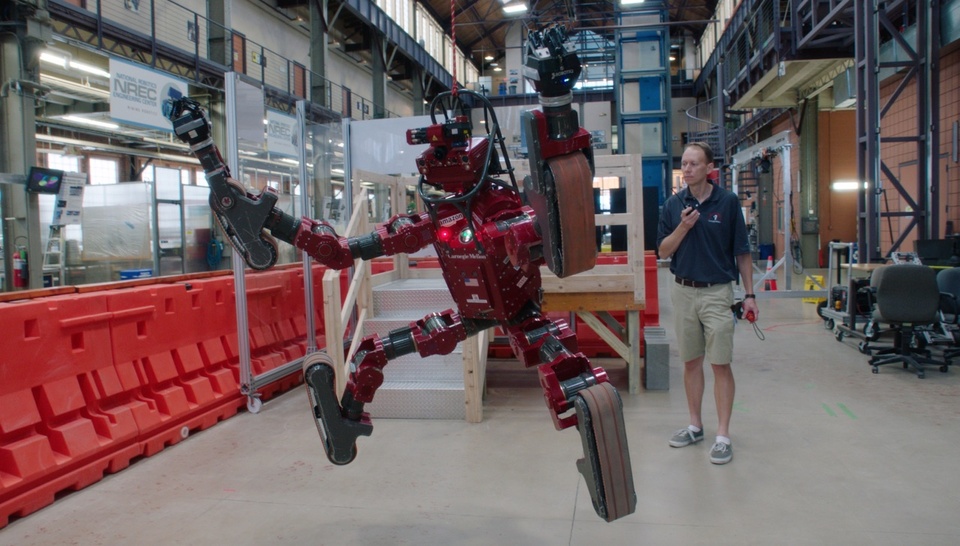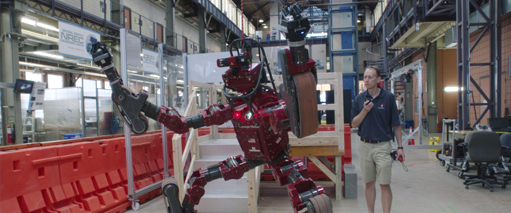Film Review: Lo And Behold: Reveries Of The Connected World
Werner Hezog Stares Into The Abyss Of The World Wide Web


of course.
Latest Article|September 3, 2020|Free
::Making Grown Men Cry Since 1992


of course.